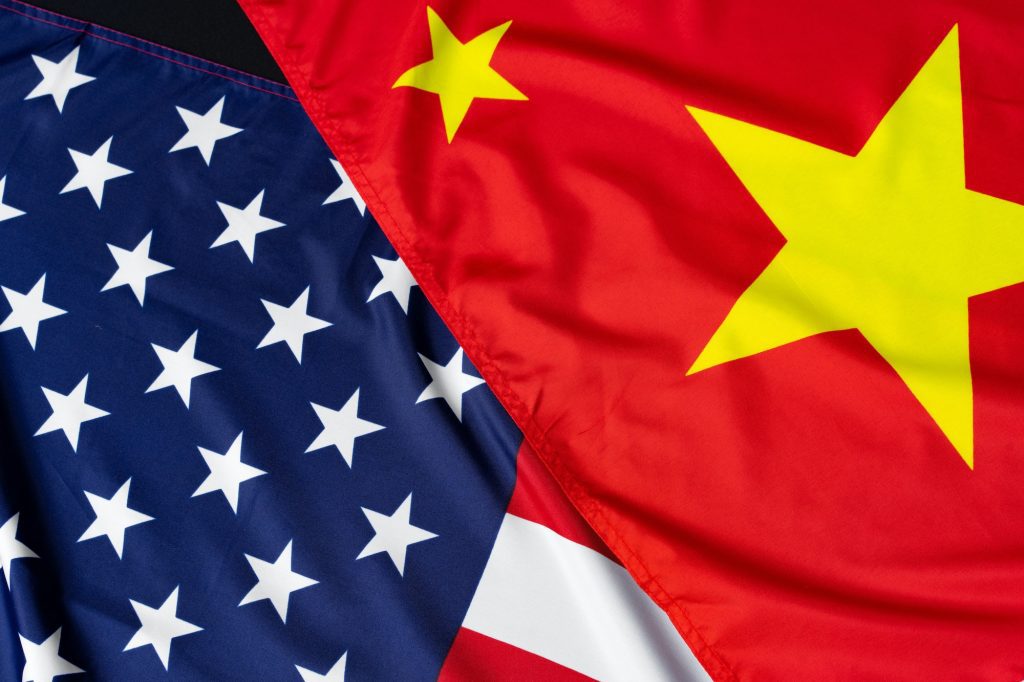
































Geopolitical tensions and national security concerns pose a threat to the globalisation of the chip industry, as highlighted by Chen Nanxiang, chairman of YMTC, a Chinese memory chipmaker. Speaking at the Semicon China conference, Chen expressed doubts about the industry's ability to achieve the projected$1 trillion in sales by 2030 due to these challenges.
Back in 2022, Washington imposed trade restrictions by blacklisting YMTC and numerous other Chinese AI chip players, thereby restricting their access to American technology. In response, China has launched a trade dispute procedure against the US over chip export control measures, claiming that they pose a threat to global industry supply chains. However, due to the dysfunctional state of the WTO's arbitration body, a resolution through the WTO seems unlikely. Therefore, China's action holds more symbolic significance in the ongoing 'chip war' between the two countries. In addition, China has banned US chipmaker Micron from its market, which promoted US legislators to call for additional Chinese chip firms, such as Changxin Memory Technologies (CXMT), to be added to the US Commerce Department trade blacklist. The ban on Micron has raised concerns about fair competition and national security.
In previous years, China has been investing heavily in semiconductor-related projects, with over$290.8 billion allocated between 2021 and 2022, focusing on equipment and materials. This signifies a shift towards upstream activities, cluster development, and technological innovations supported by local government policies.
 Tags quentes :
Económico
Infra-estrutura
Semicondutores
Tags quentes :
Económico
Infra-estrutura
Semicondutores